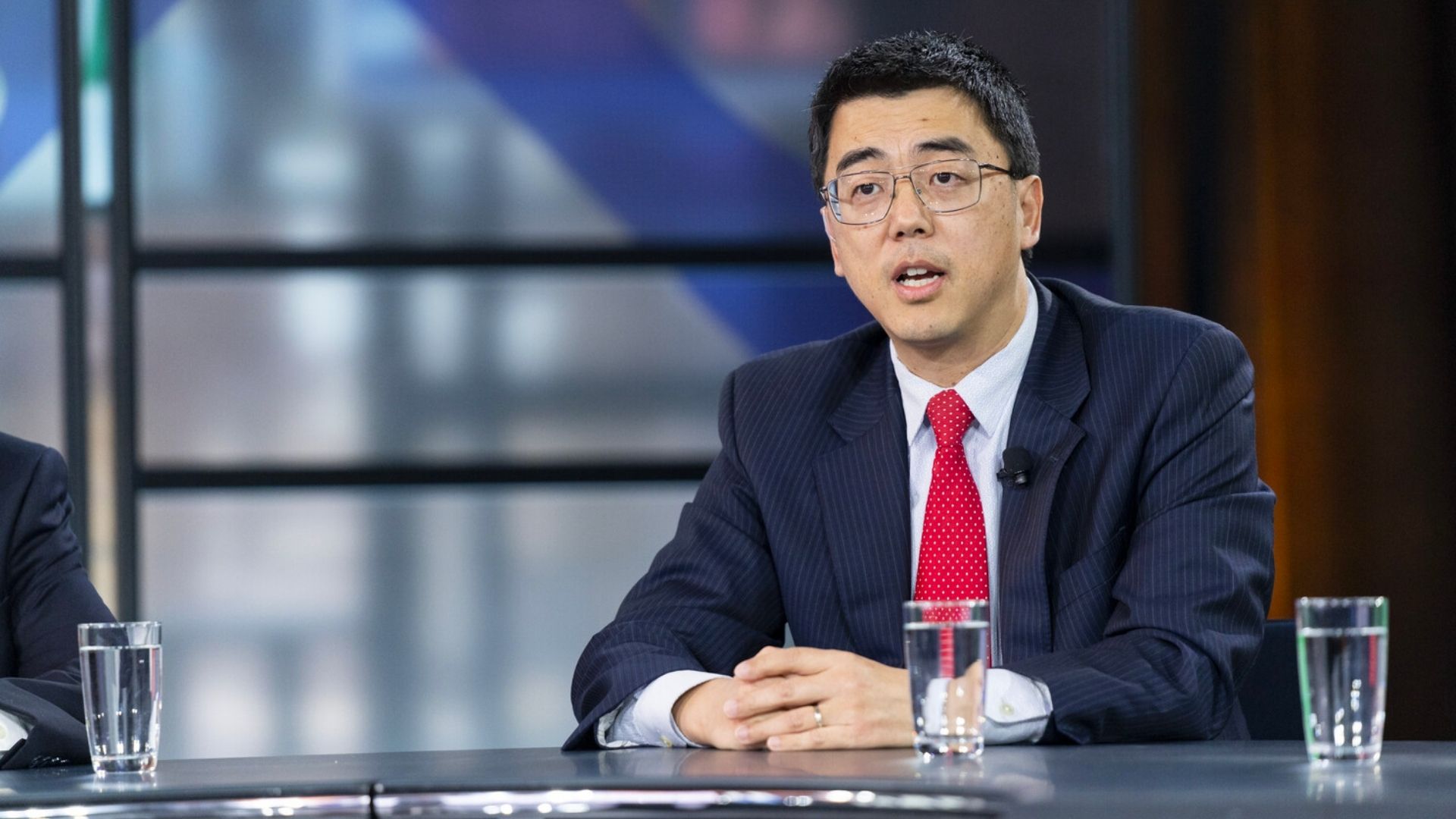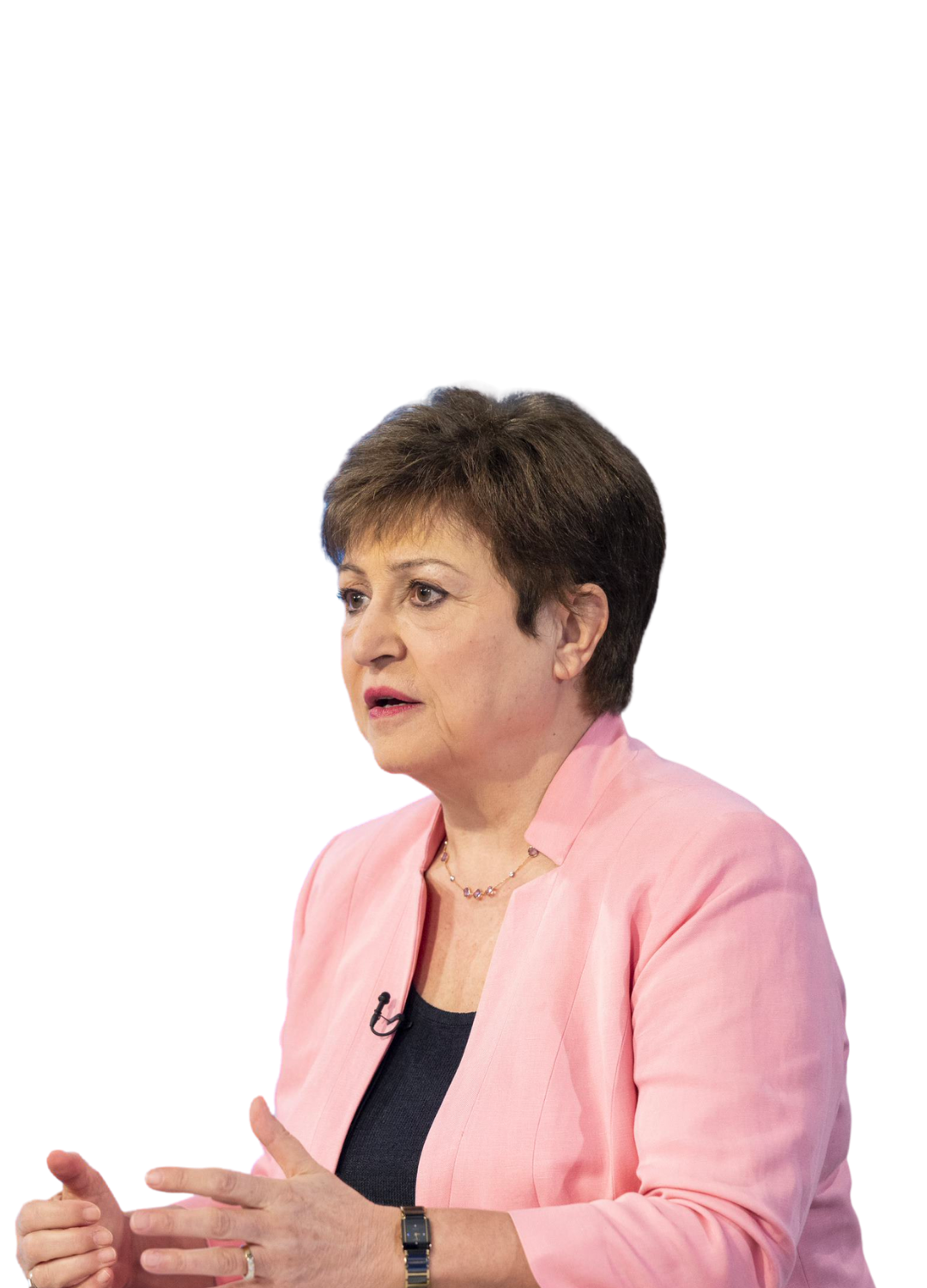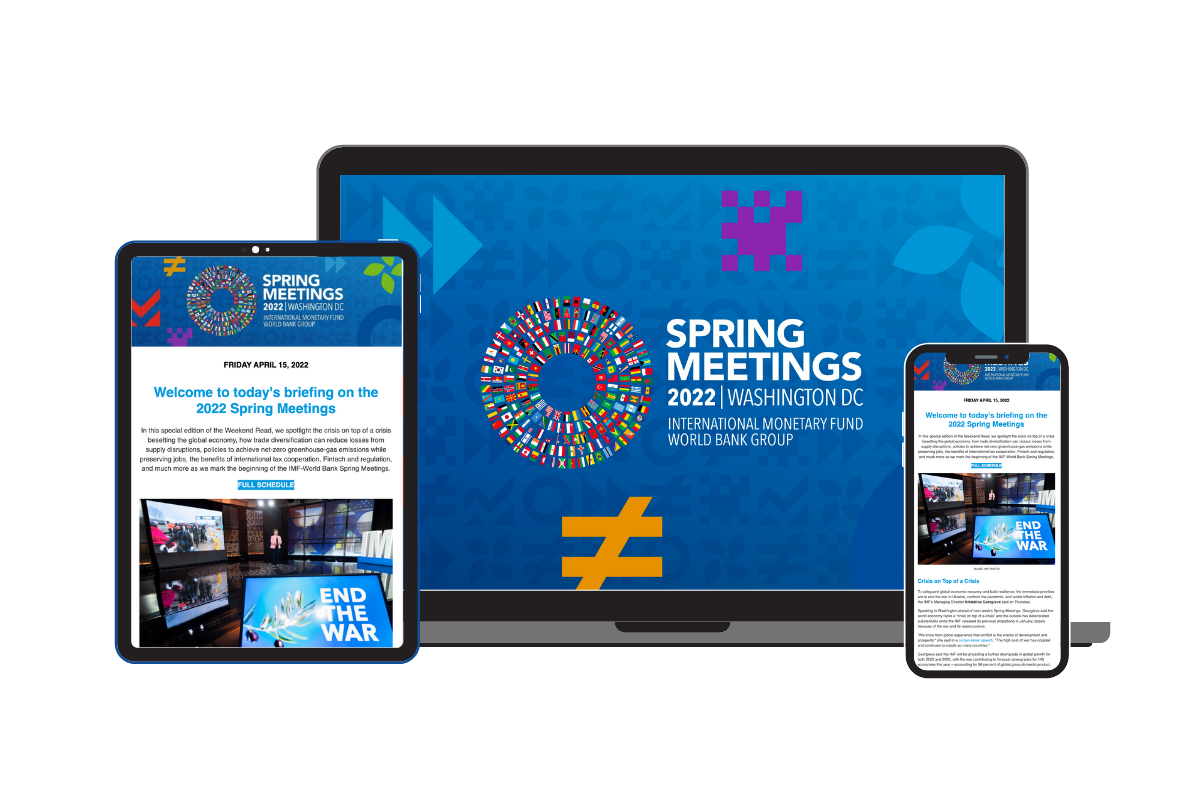
IMF SPRING Meetings Update | April 20, 2022
In the third of our daily briefings on the Spring Meetings, we spotlight the risk of food shortages and social unrest in our member countries, the Global Policy Agenda to respond to crises and strengthen resilience, the challenges facing fragile and conflict states, and much more.
Governments Need Agile Fiscal Policies as Food and Fuel Prices Spike
One of the most visible global effects of the war in Ukraine has been the acceleration of energy and food prices, triggering concerns about food shortages and increasing the risks of malnutrition and social unrest. In a blog based on the new Fiscal Monitor, the IMF’s Jean-Marc Fournier, Vitor Gaspar, Paulo Medas and Roberto Accioly Perrelli call for greater global cooperation so that governments faced with record debt and rising borrowing costs can best respond to the urgent food needs. According to IMF forecasts, global public debt is expected to fall in 2022 and then stabilize at about 95% of gross domestic product over the medium term, 11 percentage points higher than before the pandemic.

Georgieva Sets out Agenda to Respond to Crises, Strengthen Resilience
The world economy is being battered by storm after storm and the IMF is stepping up to provide an immediate response as well as strengthening resilience for the future, Managing Director Kristalina Georgieva told a press briefing. Setting out her Global Policy Agenda, Georgieva said that the IMF has already deployed $300 billion and a further $700 billion is available, on top of last year’s SDR allocation, to support the global economy in response to the combined challenges of war, disease, inflation, climate change, and geopolitical fragmentation. “Our immediate hope must be for the war to end—that would have the single most positive effect on the global recovery right now,” Georgieva told the briefing, adding that the Fund has already provided Ukraine with $1.4 billion in emergency financing and set up a special account through which others could contribute.

Building Capacity in Fragile States
Fragile and conflict-affected states face particularly complex challenges, which can include persistent insecurity, exclusion and inequality, and weak institutional capacity and governance. How can they strengthen their economic institutions under these circumstances? “The key challenge that we faced from the outset was the humanitarian crisis,” Somalia’s Director General of Revenue, Jafar Mohamed Ahmed, told a Capacity Development talk, citing famine, displacement, and a deficit of public trust because of civil war. Yet with the help of the IMF, Somalia has achieved full-fledged reforms to tax policy as well as tax administration and legislation, he said. “All this contributed to increase collections.”

Communication, Coordination continues at G20
The G20 Finance Track’s co-chairs presented the outcomes of the group’s Finance Ministers and Central Bank Governors meeting under the Indonesian presidency at a press conference. Finance Minister Sri Mulyani Indrawati said the meeting, which saw walkouts by the US and other countries in protest over Russia’s invasion of Ukraine, took plaGe under challenging circumstances. She added that Indonesia has continued to communicate and consult with all G20 members, and the challenges stemming from the Ukraine war did not disrupt the forum’s discussion of substantive issues, including the global economic recovery, high food and energy prices, and the continuing coronavirus pandemic."
Number of the Day
60%
About 60% of low-income countries are either at high risk of debt distress or already experiencing it. They face persistent scarring from COVID-19. They are especially vulnerable to food price rises, given the large share of food spending in their households’ budgets.
Learn more
Photos

In an Analytical Corner presentation, Karla Vasquez and Kikachukwu Alex-Okoh explained how domestic legal frameworks for public debt can support debt transparency.

Zaijin Zhan shares his experiences working with fragile and conflict countries during today's capacity development event.
Quote of the Day

What is the IMF doing to reduce the risk of economic fragmentation? We provide objective analysis on the benefits of cooperation and risks of fragmentation, speaking truth to power. We bring countries together to debate difficult policy choices. And we demonstrate the power of cooperation, like we just did with the approval of the Resilience and Sustainability Trust (RST).
KRISTALINA GEORGIEVA, MANAGING DIRECTOR, IMF
Upcoming Events

Debate on the Global Economy
Watch our debate on how policymakers should respond to inflation, rising debt, the impact of the war in Ukraine, and the pandemic.
Event Details
Ministerial Roundtable Discussion for Support to Ukraine
IMF Managing Director Kristalina Georgieva joins a discussion sponsored by the Government of Ukraine and the World Bank on how best to support Ukraine’s immediate financing needs.
Event Details
Press Briefing: Regional Economic Outlook for Europe
The war in Ukraine means Europe faces a new set of challenges. Learn how the war impacts the economic recovery in the region. Tune in to the European Regional Economic Outlook.
Event Details
SIGN UP FOR OUR DAILY NEWSLETTER
Sign up to our special daily briefing to help guide you through our April 2022 Spring Meetings—pointing to all of the key publications, live events and more.




